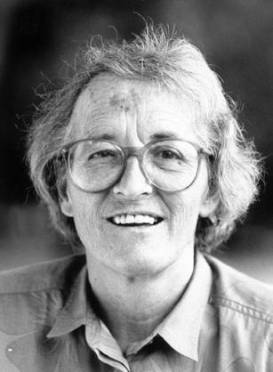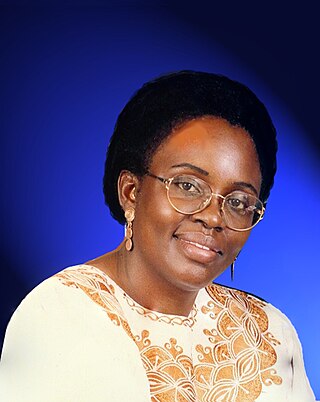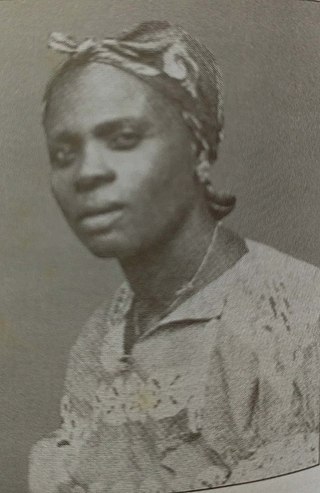Related Research Articles

Médecins Sans Frontières, also known as Doctors Without Borders, is a charity that provides humanitarian medical care. It is a non-governmental organisation (NGO) of French origin known for its projects in conflict zones and in countries affected by endemic diseases. The organisation provides care for diabetes, drug-resistant infections, HIV/AIDS, hepatitis C, tropical and neglected diseases, tuberculosis, vaccines and COVID-19. In 2019, the charity was active in 70 countries with over 35,000 personnel; mostly local doctors, nurses and other medical professionals, logistical experts, water and sanitation engineers, and administrators. Private donors provide about 90% of the organisation's funding, while corporate donations provide the rest, giving MSF an annual budget of approximately US$1.63 billion.

Seydou Koné, better known by his stage name Alpha Blondy, is an Ivorian reggae singer and international recording artist. Many of his songs are politically and socially motivated, and are mainly sung in his native language Dyula, French and English, though he occasionally uses other languages, for example, Arabic or Hebrew.
HIV-positive people, seropositive people or people who live with HIV are people infected with the human immunodeficiency virus (HIV), a retrovirus which if untreated may progress to acquired immunodeficiency syndrome (AIDS).

Elisabeth Kübler-Ross was a Swiss-American psychiatrist, a pioneer in near-death studies, and author of the internationally best-selling book, On Death and Dying (1969), where she first discussed her theory of the five stages of grief, also known as the "Kübler-Ross model".

Margaret Atieno Ogola was a Kenyan Catholic novelist who wrote The River and the Source and its sequel, I Swear by Apollo.

Jeanie Boulet is a fictional character from the television series ER. The role was portrayed by Gloria Reuben who debuted as a recurring character in the first season episode, "Long Day's Journey", aired on January 19, 1995. Reuben was promoted to the role of series regular as of the second season episode, "Days Like This", aired on November 2, 1995 and made her last regular appearance in the sixth season episode, "The Peace of Wild Things", aired on November 11, 1999.
Countess Albina du Boisrouvray is a former journalist and film producer who has become a global philanthropist and social entrepreneur working with AIDS victims and impoverished communities around the world. She is the founder of FXB International, a non-governmental organization established in memory of her son, François-Xavier Bagnoud.
Abou Nidal de Genève is the stage name of Aboubakar Doumbia born on December 29, 1974, in Divo, Ivorian composer, performer and producer. His pseudonym is linked to the fact that he lived for many years in Geneva, Switzerland. His nickname is also Wara Boss in reference to the Wara Tour.
Ofeibea Quist-Arcton is a Ghanaian-British retired radio journalist, correspondent, commentator and broadcaster. She is best known as the former Dakar-based West Africa correspondent for National Public Radio. She grew up in Ghana, Italy, Britain, and Kenya.

Dominique Claudine Nouvian Ouattara Acting President of Ivory Coast is the current First Lady of Ivory Coast, married to President Alassane Ouattara.
Suniti Solomon was an Indian physician and microbiologist who pioneered AIDS research and prevention in India after having diagnosed the first Indian AIDS cases among the Chennai sex workers in 1986 along with her student Sellappan Nirmala. She founded the YR Gaitonde Centre for AIDS Research and Education in Chennai. The Indian government conferred the National Women Bio-scientist Award on her. On 25 January 2017, the Government of India awarded her the Padma Shri for medicine for her contributions towards diagnosis and treatment of HIV.
Lucy Finch is a palliative nurse who has worked in several African countries and founded a hospice in Malawi – Ndi Moyo – "the place giving life".
Vanessa Koutouan is an Ivorian women's rights activist. She is the director of the Rural Center Ilomba, an educational initiative in the Bingerville area of the Ivory Coast that promotes the education of girls.
Brigadier-General Akissi Kouamé was an Ivorian army officer. She joined the army's medical service in 1981, whilst still a medical student. Kouamé became the first woman in the army to qualify as a paratrooper and in 2012 became its first female general.
Christine Kafando is a Burkinabé HIV/AIDS activist. Since the 1990s, she has been active in HIV/AIDS prevention and response efforts. For her work, she has been recognized by Burkina Faso's Order of Merit and France's Legion of Honour.

Jeanne Gapiya-Niyonzima is a human rights activist from Burundi. She is the chair and founder of the National Association for Support for HIV-Positive People with AIDS (ANSS) and was the first person from the country to publicly admit they had HIV.

Crime in Côte d'Ivoire is prevalent and versatile across the West African country. The most common forms of crime include child labour, arms trafficking, terrorism and human rights abuse. Other less common, but still evident types of crime include cannabis and synthetic drug trade, sex trafficking, fauna and flora crimes, cybercrime.

The women's march on Grand-Bassam was a 1949 women's protest against the French colonial rulers of Ivory Coast.
The Pahl Peace Prize is awarded annually to outstanding individuals who have considerably and actively contributed to world peace, funded by Mr. Jochem O.W. Pahl. The annual prize was first granted in 2021 in the Principality of Liechtenstein. It comes with a monetary award of EUR 100.000 and a specifically designed gold medal.

Marie Koré born Zogbo Céza Galo Marie was an Ivory Coast independence fighter. She was arrested while leading the Women's march on Grand-Bassam on 24 December 1949. She died young and she has appeared on her country's banknotes. One poll said that she was the most well known woman in the Ivory Coast.
References
- 1 2 3 4 "Lotti Latrous: standing up for life, for love, for others". House of Switzerland. 30 October 2019. Retrieved 26 January 2023.
- 1 2 Broder, Patricia (24 December 2019). "Trotz schwerer Erkrankung kann Entwicklungshelferin Lotti Latrous (66) nicht hier leben: "In der Schweiz starren alle nur noch auf ihr Handy"" (in German). Blick. Retrieved 26 January 2023.
- ↑ "Das Luxusleben zurückgelassen" (in German). Radio Liechetenstein. Retrieved 22 June 2022.
- 1 2 3 4 "Lotti Latrous". Striftung Lotti Latrous. 2018.
- ↑ "Lotti Latrous (Côte d'Ivoire)". Peace Women Across the Globe. Retrieved 26 January 2023.
- ↑ "Elisabeth-Norgall-Preisträgerin 2009: Lotti Latrous" (in German). IWC Frankfurt. Retrieved 27 January 2022.
- ↑ "Nominated Peace Prie Winner 2022: Lotti Latrous". Pahl Peace Prize. Retrieved 27 January 2023.